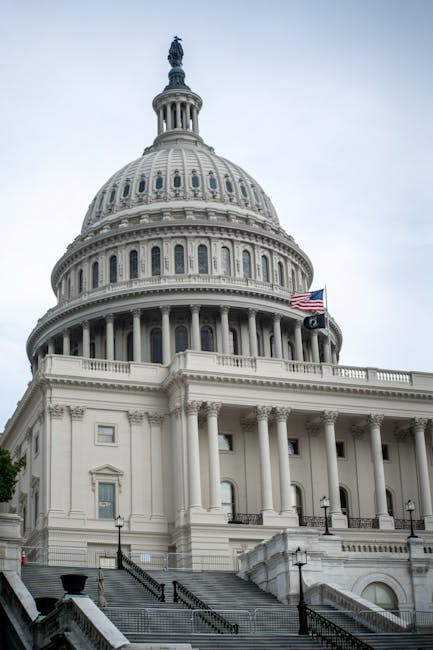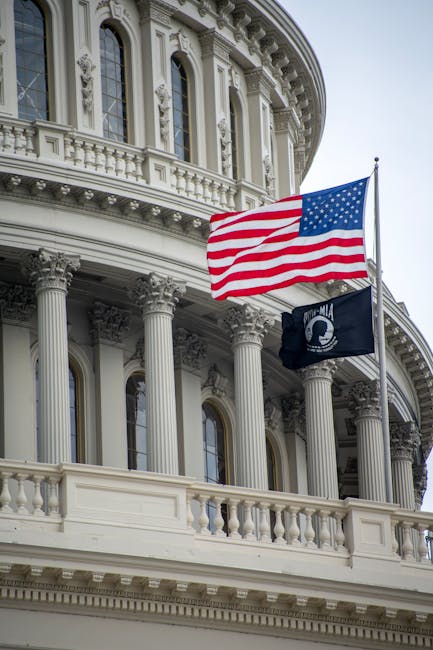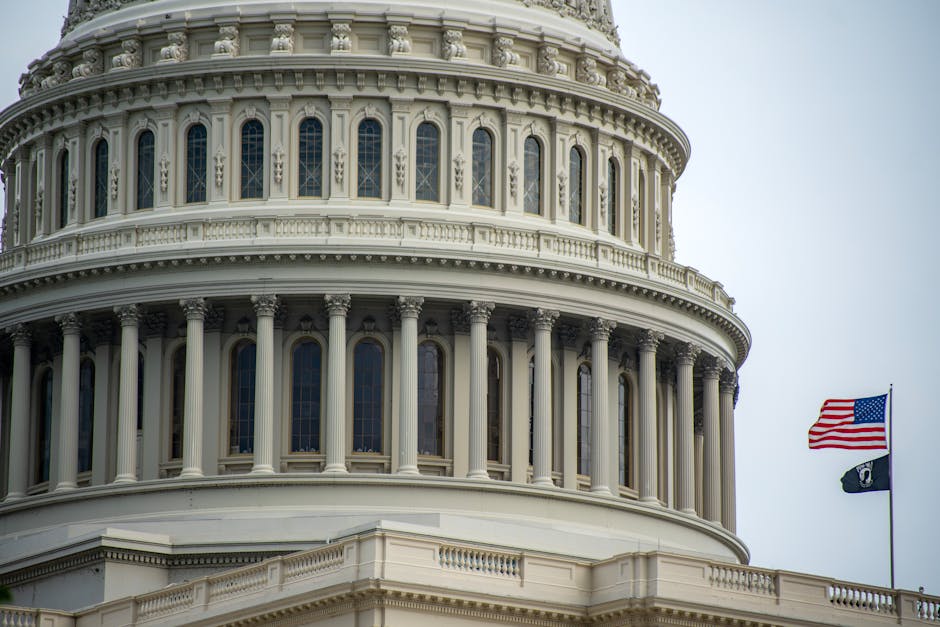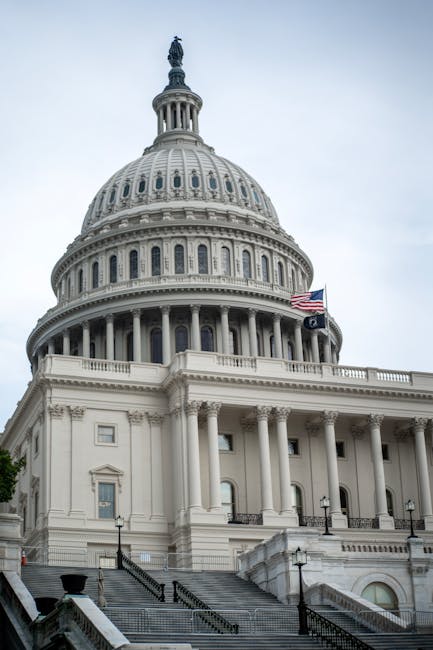Salt in Politics: Understanding the Metaphor and its Real-World Implications
The phrase “salt in politics” isn’t a literal reference to sodium chloride. Instead, it’s a potent metaphor representing the corrosive and often destructive effects of certain actions and attitudes within the political landscape. This article will delve into the various interpretations of this metaphor, exploring its historical context, examining its modern applications, and analyzing the real-world consequences of this “salt” within the political arena.
The Metaphorical Meaning of ‘Salt’ in Politics
The metaphorical use of “salt” in politics draws on several established connotations. Firstly, salt is a preservative, and in this context, it can represent actions or policies designed to preserve power, status, or the existing social order. This preservation, however, often comes at a cost. The “preservation” can lead to stagnation, stifling progress and reform. It can also imply the deliberate marginalization or exclusion of certain groups, further exacerbating societal divisions.
Secondly, salt can be corrosive. In the political sphere, this refers to actions or rhetoric designed to damage or undermine opponents, institutions, or even the broader political system. This “corrosive salt” can manifest in various forms, from smear campaigns and personal attacks to the deliberate spread of misinformation and disinformation. The resulting erosion of trust and civility can have profound and long-lasting consequences.

Finally, salt can represent a wound that never fully heals. Political decisions, particularly those that are perceived as unjust or unfair, can leave deep scars on a society. These wounds, like the sting of salt on an open sore, can fester and prevent genuine reconciliation and progress. The lingering resentment and distrust can create a toxic political environment that is difficult to overcome.
Historical Examples of ‘Salt’ in Politics
Throughout history, numerous examples illustrate the destructive power of “salt” in political life. The Salt March in India, while ostensibly a protest against the British salt tax, symbolized a broader resistance against oppressive colonial rule. The act of making salt, a basic necessity, became a powerful symbol of self-determination and defiance, highlighting how seemingly simple actions can carry immense political weight.
The American Civil War, a conflict rooted in deep-seated disagreements over slavery and states’ rights, exemplifies the corrosive effects of political division. The enduring legacy of this conflict continues to influence American politics, demonstrating how the “salt” of historical grievances can remain a potent force for decades, even centuries, to come.
Similarly, the Cold War, characterized by ideological conflict and a constant threat of nuclear annihilation, represents a prolonged period of geopolitical tension fueled by suspicion, mistrust, and the pervasive use of propaganda. This period serves as a stark reminder of how political “salt” can create a climate of fear and insecurity, potentially leading to devastating consequences.

Modern Manifestations of ‘Salt’ in Politics
The metaphor of “salt” remains highly relevant in contemporary politics. The rise of populism and nationalism, often fueled by divisive rhetoric and misinformation, represents a potent form of political “salt.” The deliberate targeting of minority groups, the erosion of democratic institutions, and the spread of conspiracy theories all contribute to a toxic political climate.
The Role of Social Media
Social media platforms have amplified the effects of political “salt.” The ease with which misinformation and disinformation can spread online facilitates the rapid erosion of trust and fuels polarization. The echo chambers created by social media algorithms further exacerbate these effects, reinforcing pre-existing biases and limiting exposure to diverse perspectives.
Political Polarization
Increasing political polarization is another significant manifestation of “salt” in modern politics. The growing divide between opposing political factions makes constructive dialogue and compromise increasingly difficult. This polarization can lead to gridlock, hindering the ability of governments to address pressing societal challenges. The inability to find common ground creates a breeding ground for resentment and further division.
Erosion of Trust in Institutions
The decline of trust in political institutions is a further consequence of this metaphorical “salt.” When citizens lose faith in their elected officials and government bodies, it undermines the legitimacy of the political system. This loss of trust can lead to apathy and disengagement, further eroding democratic norms and processes.
Mitigating the Effects of ‘Salt’ in Politics
While the effects of political “salt” can be profound and long-lasting, there are steps that can be taken to mitigate its impact. Promoting media literacy and critical thinking skills can help individuals discern fact from fiction and resist the spread of misinformation.

- Encouraging civil discourse and respectful dialogue across different political viewpoints is crucial. Creating spaces for open and honest conversations, even amidst disagreements, can help bridge divides and foster understanding.
- Strengthening democratic institutions and ensuring their accountability are essential. Transparent and responsive government fosters public trust and strengthens the legitimacy of the political process.
- Promoting inclusive political participation ensures that all voices are heard and represented. Giving marginalized groups a platform to share their experiences and concerns can foster a more inclusive and equitable society.
- Holding politicians accountable for their actions and rhetoric is vital. This includes demanding transparency and accuracy in political discourse, and punishing those who engage in malicious behavior or the spread of misinformation.
Ultimately, addressing the problem of “salt” in politics requires a collective effort. It requires citizens to be informed and engaged, and it requires political leaders to act with integrity, responsibility, and a commitment to the common good. Only through such concerted action can we hope to heal the wounds of the past and build a more just and equitable future.

